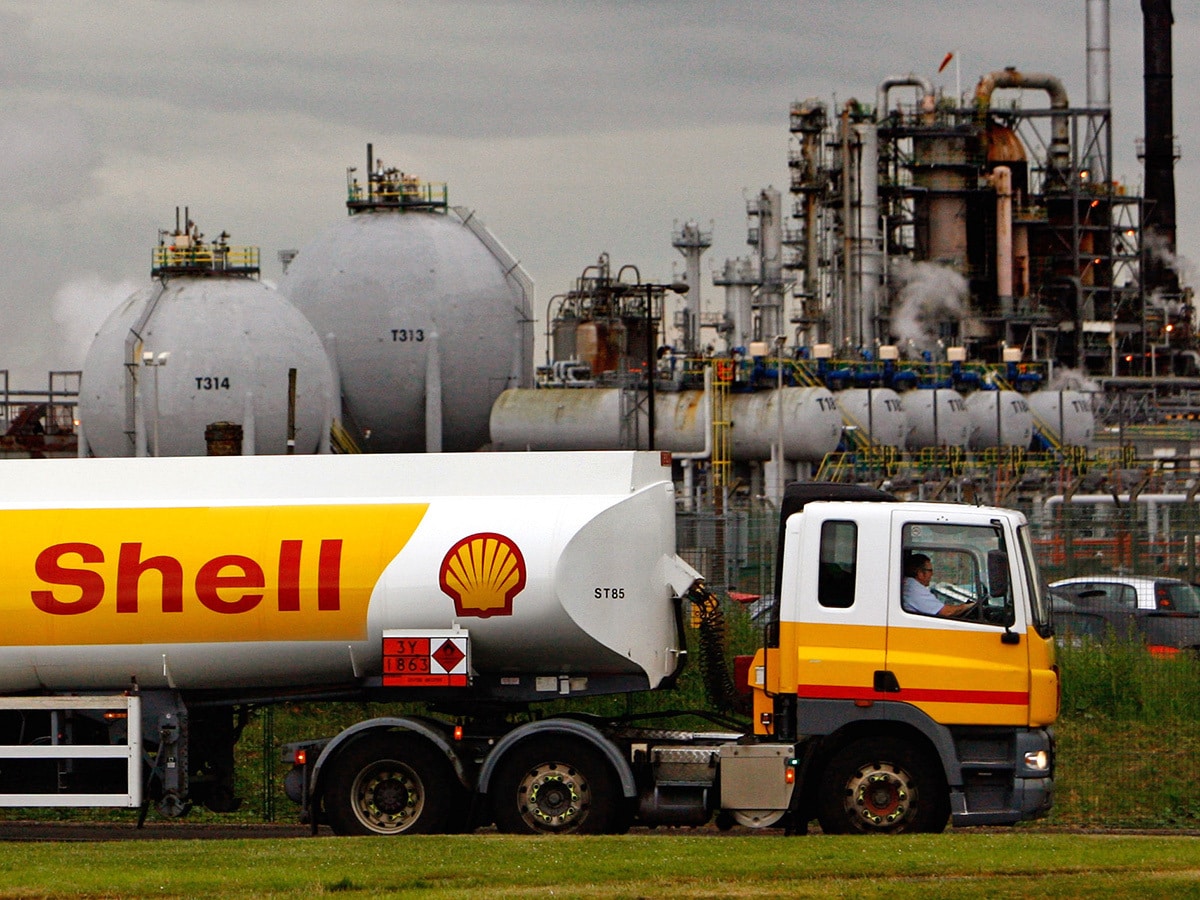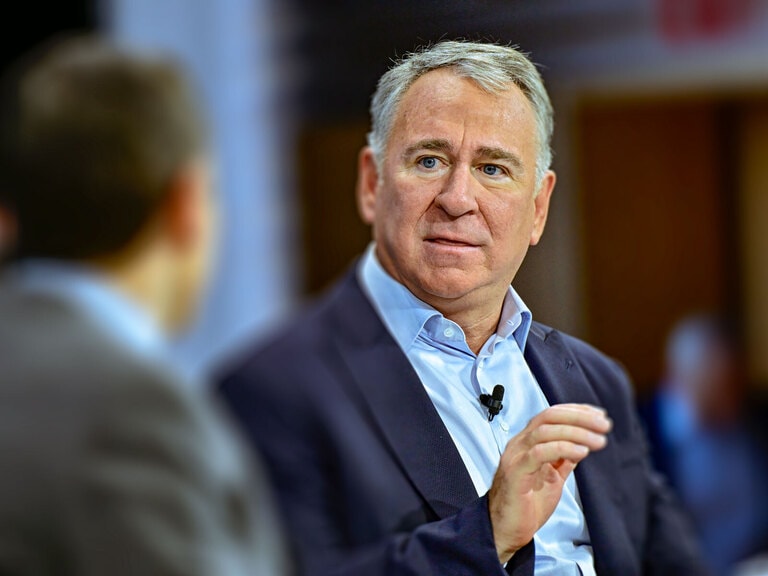The iShares Global Energy ETF, which tracks major energy companies such as Exxon Mobil, Shell and BP, has seen its share price rise alongside the surge in oil prices as countries seek to improve their energy security.
The iShares Global Energy ETF [IXC] has soared 36.5% year-to-date (through 15 May) amid rising oil prices caused by the Russian invasion of Ukraine.
The fund’s price has raced 14.4% higher since the Russian invasion began on 24 February to sit at $37.56 at the close on 13 May — it had hit a 52-week of $38.49 during intraday trading on 6 May.
The iShares Global Energy ETF seeks to track the investment results of the S&P Global 1200 Energy Sector Index, which is composed of global equities in the energy sector. As a result, it also offers exposure to companies that produce and distribute oil and gas. The fund had net assets worth $2.2bn and a year-to-date daily total return of 31.52% as of 16 May.
Robust earnings in oil majors
Out of the fund’s 47 holdings, US giant Exxon Mobil [XOM] has the biggest weighting at 14.4%. US rival Chevron [CVX] comes next with 12.4%, followed by Shell [SHEL.L] at 8.2% and ConocoPhillips [COP] at 5.1%. Other holdings include BP [BP.L] and Canadian Natural Resources [CNQ].
Exxon Mobil shares have risen 48.3% since the start of 2022 to $88.86 on 13 May. The company announced first-quarter earnings of $5.5bn, up from $2.7bn in the year-ago quarter, in April. Earnings excluding identified items were $8.8bn, up more than $6bn, after adjusting for a $3.4bn after-tax charge related to its planned exit from the Russian Sakhalin-1 operation. Its Liza Phase 2 development in Guyana has been ramping up capacity. Exxon has also outlined plans for a world-scale blue hydrogen plant, as well as carbon capture and storage projects in Texas.
The Shell share price, meanwhile, was up 30.6% so far this year (through 13 May). In the first quarter of 2022, Shell reported an adjusted EBITDA of $19bn, up from $16.3bn in the final three months of 2021. While rising oil prices were largely responsible for the rise in earnings, Shell’s renewables arm is also expanding. The division signed an agreement in April 2022 to acquire India’s Sprng Energy group, a major supplier of solar and wind power in the country. The company also won bids for 6.5 GW of offshore wind power generation — 5 GW in the UK with ScottishPower and 1.5 GW in the US through a joint venture with Atlantic Shores.
While the oil major’s renewables business is part of the company’s diversification plan out of fossil fuels, Russ Mould, investment director at AJ Bell, notes that the company has been a beneficiary of higher commodity prices.
“Shell finds itself in a much stronger financial position than it was in even before the pandemic, with net debt down from nearly $80bn to less than $50bn. This stronger balance sheet makes it easier for Shell to fund its transition away from fossil fuels — which comes with a whole lot of environmental and, as the last few months have shown, geopolitical mess attached,” he wrote in a note to clients.
Rising oil prices lift the IXC
The war in Ukraine and resulting sanctions on Russia have led to a significant hike in energy prices, which were already climbing as a result of tighter supply and rising inflation.
The Brent Crude oil price jumped from $94 on 25 February to $127 on 8 March as supplies were hit. As of 13 May, it had fallen slightly to sit at $111. In the EU, natural gas prices climbed from around €80 prior to the invasion to €228 in early March as Russia threatened to cut off supplies and countries sought alternative sources. The price returned to €93 on 16 May but fears over future supplies remain.
The iShares Global Energy ETF has also benefitted from governments’ renewed interest in shoring up oil and gas supplies in order to improve their energy security. For example, in its Energy Security Strategy, the UK government announced a licensing round for the North Sea oil and gas projects this autumn, “recognising the importance of these fuels to the transition and to our energy security and that producing gas in the UK has a lower carbon footprint than imported from abroad”.
Oil prices are expected to remain high in the near term, which is likely to have a knock-on effect on energy stocks tracked in the iShares Global Energy ETF. According to Statista, the Brent Crude price is forecast to average at $105.22 in 2022 before falling to $88.98 next year if geopolitical tensions and supply chain struggles ease.
Continue reading for FREE
- Includes free newsletter updates, unsubscribe anytime. Privacy policy





